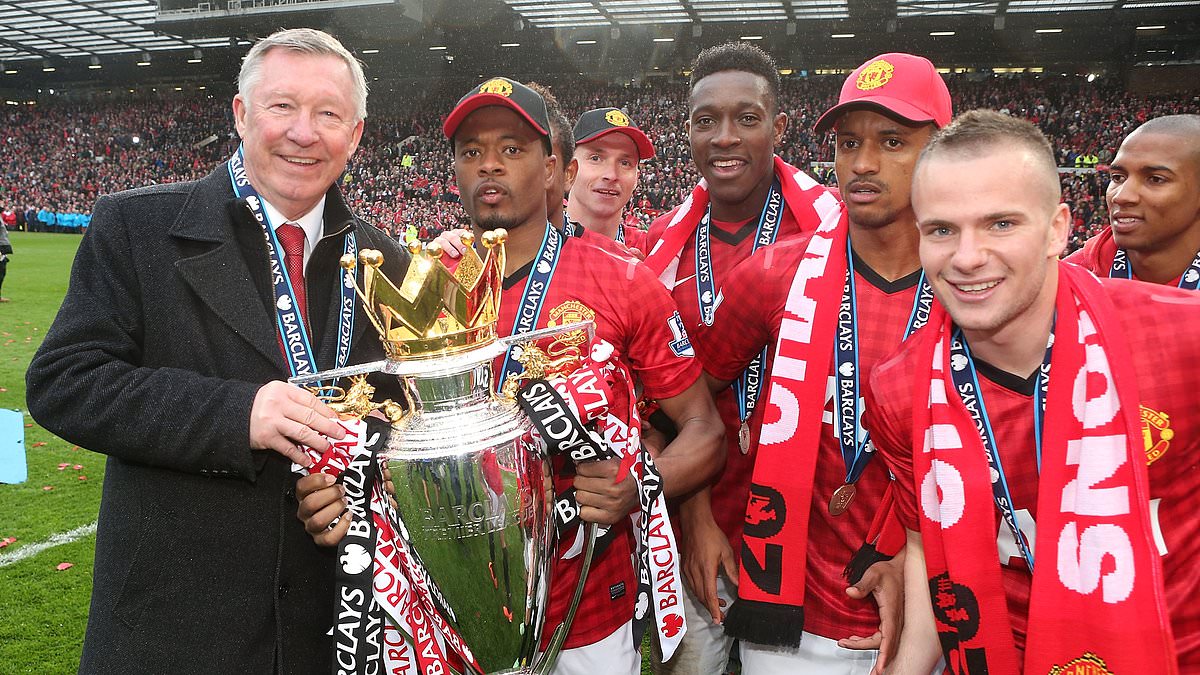In sport, we often treat our champions like gods.
We revere their records, idolize their triumphs, and tell their stories with glowing praise.
But behind the medals and press conferences lies a different truth—some of these “heroes” behave, quite frankly, appallingly when the cameras are off.
This isn’t about digging for dirt—it’s about balancing the glowing accolades with some uncomfortable truths.
The Myth of the Gentleman Manager
Let’s start with a legend. Sir Alex Ferguson is widely hailed as the greatest football manager of all time.
He built an empire at Manchester United and dominated English football for decades. But power has its downside.
Once, when a young reporter asked a harmless question about Ferguson’s holiday plans, the manager snapped back with a homophobic jibe—a stark contrast to his public image.
And that was just one of many bullying encounters he had with the press.
Ferguson’s Not-So-Quiet Battles
His record on the pitch is undeniable, but Ferguson’s temperament was famously volatile.
He wielded bans like weapons and took grudges personally.
One spat over a racehorse with United shareholders turned into a massive legal row, hinting at the scale of ego behind the scenes.
Even journalists weren’t safe—he’d whisper instructions to ban someone for asking a question he didn’t like.
To fans questioning his support of the Glazers? He told them to go cheer for Chelsea. Charming.
The Dark Side of Hero Worship
Sir Steve Redgrave is another British icon—five-time Olympic gold medallist. But many who’ve met him describe him as pompous and dull.
His Olympic rival, Daley Thompson, once questioned if Redgrave was even the best in his own boat.
Not everyone in the spotlight turns out to be gracious.
Some, like Sir Mo Farah, are described as money-obsessed and quick to threaten lawsuits over minor slights.
Athletes Behaving Badly Behind the Curtain
Joey Barton deserves a category of his own.
With a rap sheet that reads like fiction, he’s had stints in jail, physically assaulted teammates, stubbed cigars in youth players’ eyes, and even made racist remarks.
Yet he still found clubs willing to sign him, time and time again.
Nick Kyrgios is another who cloaked his outbursts under the guise of being a “character” in tennis.
But is screaming at ball kids, cursing umpires, and lashing out in press conferences really what the sport needs?
Sports Media vs. the Stars
Being a journalist covering sport isn’t always glamorous.
From being banned for asking a sprinter to sing the national anthem, to getting threats for reporting inconvenient truths, the relationship between reporters and athletes is often strained.
Take Toto Wolff and Lewis Hamilton, for instance.
They allegedly tried multiple times to have a journalist fired for pieces they didn’t like.
Or the time when a journalist was banned from an Olympic press conference for questioning a coach’s decisions. It’s not all locker room access and free coffee.
The Ego Problem in Elite Sport
Thomas Tuchel once summed it up best when describing Jude Bellingham—saying that the player’s fire and rage could sometimes come across as “repulsive.”
Even the best talents carry egos too big for the room, and it impacts teams more than we often see.
Fame can breed arrogance. And it’s not just a modern thing—WG Grace, the Victorian cricketing icon, once put the bails back on after being bowled out, insisting the crowd came to see him, not the bowler.
Fame Shields, But Doesn’t Excuse
Tyson Fury has made horrific comments about homosexuality and abortion, yet brushed them off as “misquotes” despite clear transcripts.
Even Kylian Mbappe, the next big thing in football, reportedly ignored children asking for autographs while guarded by a small army of minders in Marbella.
These are the actions we rarely hear about on highlight reels or glossy ads.
Journalists Take Hits, But So Does Integrity
Many journalists are painted as villains for confronting the uncomfortable.
But often, they’re just holding powerful people accountable.
Whether it’s being mocked on social media by rival papers or physically confronted by angry athletes, the job isn’t always well-received.
It’s a fine line between admiration and complicity—and too often, the public only gets one side of the story.
There Are Still Good Ones
Thankfully, not everyone in sport is difficult.
People like Dame Jessica Ennis-Hill and Sir Ben Ainslie are kind, grounded, and universally admired.
Many volunteers, grassroots coaches, and lesser-known athletes are the true heart of sport.
But we shouldn’t pretend that success always comes with humility.
Final Thoughts on Flawed Icons
Sport gives us heroes—but it also gives us villains.
And sometimes, they’re the same person.
When we worship records and titles without questioning character, we feed into a cycle of unchecked arrogance.
Next time you’re cheering someone on, ask yourself—do they deserve our admiration off the field as much as on it?
